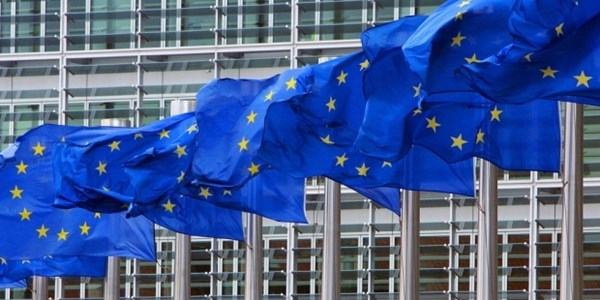European Union prepares sanctions in response to Skripal poisoning case
Ambassadors of 28 EU countries have approved sanctions mechanism against countries suspected of using chemical weapons in the EU.
The package of restrictive measures, which Britain demanded after the poisoning of ex-colonel GRU Sergey Skripal and his daughter Julia in Salisbury, was agreed on Wednesday at the Committee of Permanent Representatives of the EU (COREPER) meeting, TASS reports with reference to a diplomatic source in Brussels.
The mechanism will come into force after the approval of foreign ministers of the European Union Council, who will hold their meeting on November 15.
The development of the sanctions was initiated at the EU summit on June 27-29. After the meeting, the leaders of the union countries announced the need to create a special sanctions system aimed at tackling chemical weapons distribution.
The decision was made the day after the emergency session of the Organization for the Prohibition of Chemical Weapons (OPCW), which was convened by the United Kingdom and the USA to accuse Russia of using the nerve agent Novichok from its chemical stores.
During the meeting, the OPCW member countries took upon the right to identify the perpetrators (including alleged perpetrators) in the use of chemical attacks. Russia's permanent representative to the organization Alexander Shulgin called this decision "usurpation of the exclusive powers of the UN Security Council."
In August, the British Royal Public Prosecution Service announced the completion of the investigation of the incident in Salisbury, accusing the GRU employees Alexander Petrov and Ruslan Boshirov of poisoning the Skripals.
British Prime Minister Theresa May, in turn, stressed that the operation, during which, in addition to the Skripals, four more British residents suffered, could not have been executed without the approval at the highest level of the Russian leadership. The USA, Germany, France and Canada supported these London’s conclusions.
